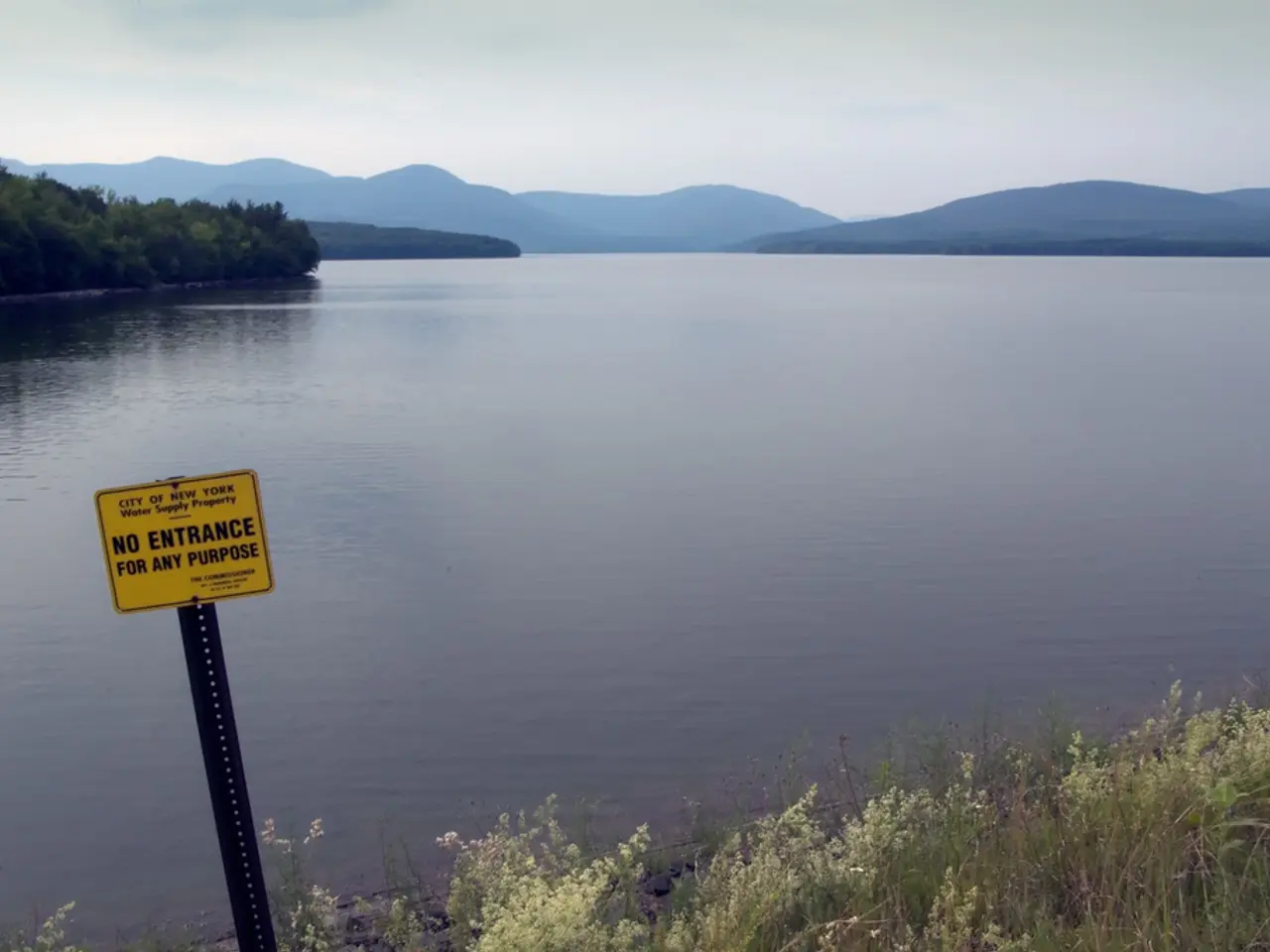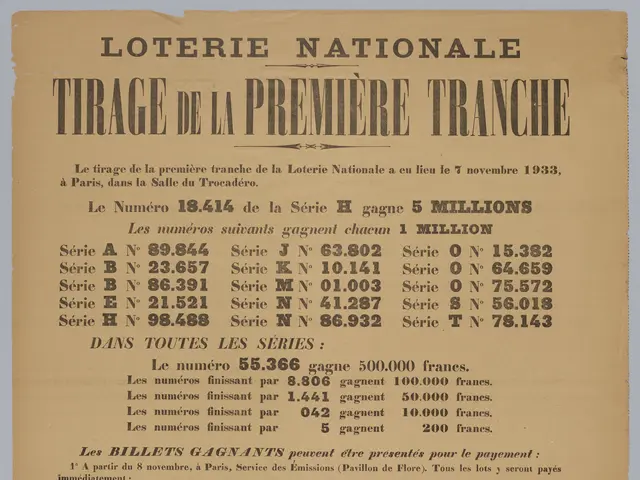Discourse on the Advocacy for Vanuatu's Preservation before the Supreme Judiciary
In the heart of the Pacific Ocean, the small island nation of Vanuatu is currently grappling with the devastating effects of extreme weather events. From land loss to the sea, dying corals, and farmlands washed away by heavy rains, the country is bearing the brunt of climate change.
Arnold Kiel Loughman, the Attorney General of Vanuatu, has personally witnessed the impact of these events. Growing up on Tanna, a southern island in the Pacific Ocean, Loughman has seen the decline of marine life, the death of corals, and the destruction of farmlands.
In an effort to address this global crisis, Vanuatu turned to international law. In 2021, the country began seeking an advisory opinion from the International Court of Justice (ICJ) to clarify the legal consequences of the obligations of states responsible for climate change.
This move propelled Vanuatu out into the international arena and gave small Pacific states the opportunity to engage in the ICJ, contribute to the development of international law, and have a platform to speak. More than 130 states supported Vanuatu's initiative, demonstrating a global consensus on the urgency of addressing climate change.
The ICJ hearings, held in December 2024, were a significant step towards this goal. Loughman stood at the ICJ in The Hague, Netherlands, to argue that high-emission states should be held accountable under international law for climate change.
The ICJ's advisory opinion, expected in July, will clarify the obligations of states regarding climate change. In 2022, the International Tribunal for the Law of the Sea (Itlos) ruled that greenhouse gas emissions are marine pollution, and countries are legally responsible for controlling them. If in Vanuatu's favour, this decision could lead to real changes in addressing climate change, instead of just rhetoric.
However, it's important to note that the ICJ's advisory opinion will be non-binding and lack a mechanism for enforcement. Yet, Loughman believes that it will carry significant weight due to its origin from the highest judicial arm of the United Nations.
The UN General Assembly (UNGA) adopted a resolution in 2023 supporting Vanuatu's campaign, leading to the ICJ hearings in December 2024. Despite the US abstaining from the UNGA resolution for seeking the advisory opinion on states' obligations to combat climate change, this does not hinder Vanuatu from pursuing its goals.
Small island developing states, such as Vanuatu, have no leverage when negotiating with big superpowers. However, they can speak effectively through international law processes like the ICJ. Engaging in these processes gives these states a voice in the global conversation on climate change, and a chance to hold high-emission states accountable for their actions.
Loughman first encountered climate change as a legal issue in the early 2000s, when environmental regulations and policies regarding global warming began to significantly impact legal practice. His personal experiences and legal expertise make him a powerful advocate for Vanuatu's cause.
As the world continues to grapple with the effects of climate change, the ICJ's advisory opinion will provide much-needed clarity on the legal obligations of states in addressing this global crisis. Vanuatu's bold step in seeking this opinion has not only raised the profile of small Pacific states but also offered a path forward for other nations facing similar challenges.
Read also:
- Peptide YY (PYY): Exploring its Role in Appetite Suppression, Intestinal Health, and Cognitive Links
- Toddler Health: Rotavirus Signs, Origins, and Potential Complications
- Digestive issues and heart discomfort: Root causes and associated health conditions
- House Infernos: Deadly Hazards Surpassing the Flames








